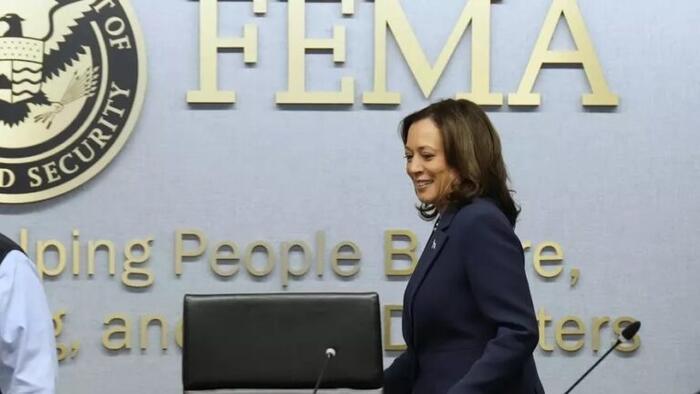The Federal Emergency Management Agency (FEMA) was established on April 1, 1979, by President Jimmy Carter, amid ongoing economic difficulties marked by stagflation and the Iranian oil crisis. The agency was created to centralize the United States’ disaster response efforts, effectively dissolving the localized Civil Defense Agency that focused on community responses. This shift aimed to establish a streamlined, top-down approach to handling various disasters—hurricanes, earthquakes, and even terrorist attacks—under direct presidential control. As FEMA evolved, it was later integrated into the Department of Homeland Security, further consolidating its powers. However, the peculiar choice of the founding date on April Fool’s Day raises questions about the agency’s true motives and effectiveness.
While the official narrative presents FEMA as a dedicated agency for national disaster response, various declassified documents have hinted at a more dubious role in civil enforcement. One notable example is the Rex 84 program, tied to Operation Garden Plot, which revealed plans for the government to detain civilians deemed threats to national security. This has led to fears that FEMA could be used as a tool for suppressing civil unrest rather than providing aid during emergencies. Prominent figures such as George H.W. Bush and Oliver North significantly militarized FEMA in the early 1980s, orchestrating mechanisms for controlling domestic dissent. The ambiguous nature of FEMA’s role often leaves space for conspiracy theories, despite the agency’s limited primary control over civil disturbances.
A critical examination of FEMA’s response to recent disasters sheds light on its contentious history. The agency’s actions following Hurricane Katrina in 2005 remain a troubling benchmark, where it not only failed to provide adequate help but actively impeded community efforts. Reports of gun confiscation and the storage of millions in donated goods that never reached victims formed a dark pattern of mismanagement and blockade. Recent incidents like Hurricane Helene have drawn comparisons, with local EMS personnel being advised to limit civilian help and reports of resources being withheld from affected areas. This continuation of interference suggests an ingrained protocol that prioritizes federal control over grassroots response.
Many have begun to question why FEMA operates counter to its purported mission of assistance, especially in politically charged times such as election seasons. The Biden Administration’s minimal response, offering merely small relief checks and directing survivors to bureaucratic federal programs, suggests a wider strategy at play. This raises concerns that the federal government may prefer public reliance on official channels over the independence of local communities. The pattern observed implies a larger agenda: to condition civilians to depend on institutional aid and to stifle grassroots responses that could undermine the necessity of government intervention.
Analysts argue that extreme weather events, often viewed as tests for emergency readiness, serve another purpose: gauging public compliance with increasingly authoritative measures under the guise of crisis management. The lessons learned from past events, notably Hurricane Katrina, appear to be rehashed in contemporary responses that prioritize control over genuine aid. Each misstep by FEMA instigates speculation on whether such failures are intentional trials of societal endurance rather than mere incompetence. The recent Hurricane Helene incident has reignited debates about the true essence of FEMA’s crisis management practices.
Ultimately, the narrative surrounding FEMA continues to be complex and contentious. While it presents itself as a safety net for Americans during crises, historical actions prompt a reconsideration of its role and objectives. Communities are learning to take initiative and aid one another in the face of adversity, positioning themselves against an agency that may not always align with their interests. As the dust settles from recent disasters, it is increasingly important for citizens to prepare to act independently of federal assistance, recognizing that sometimes the greatest barrier in a crisis may be the agencies designed to help.

